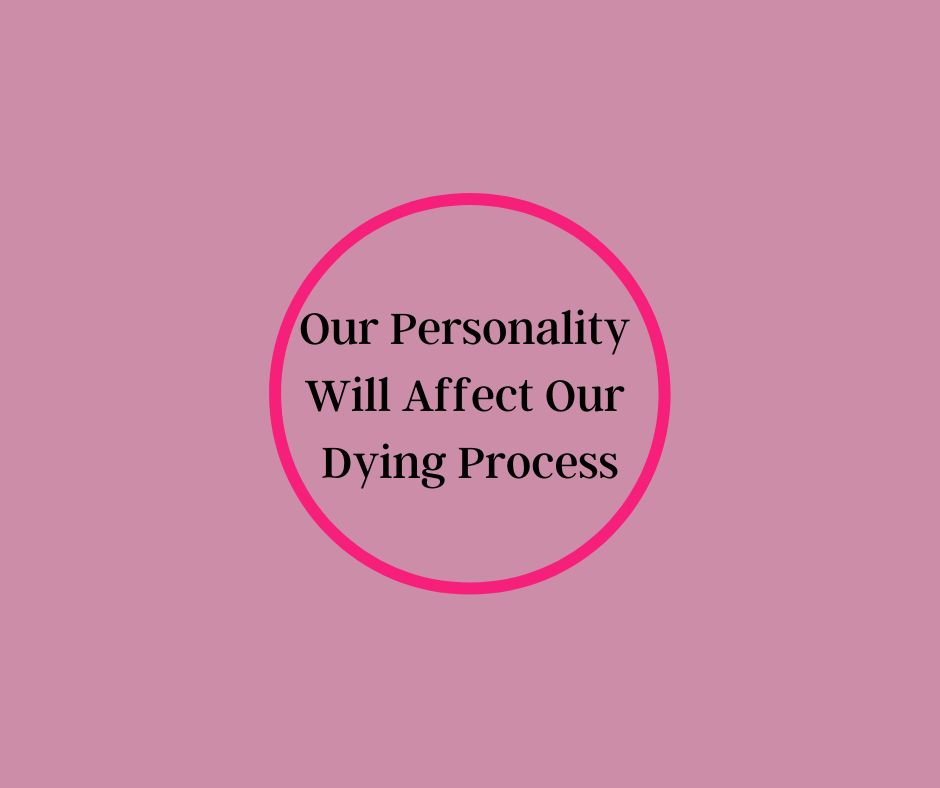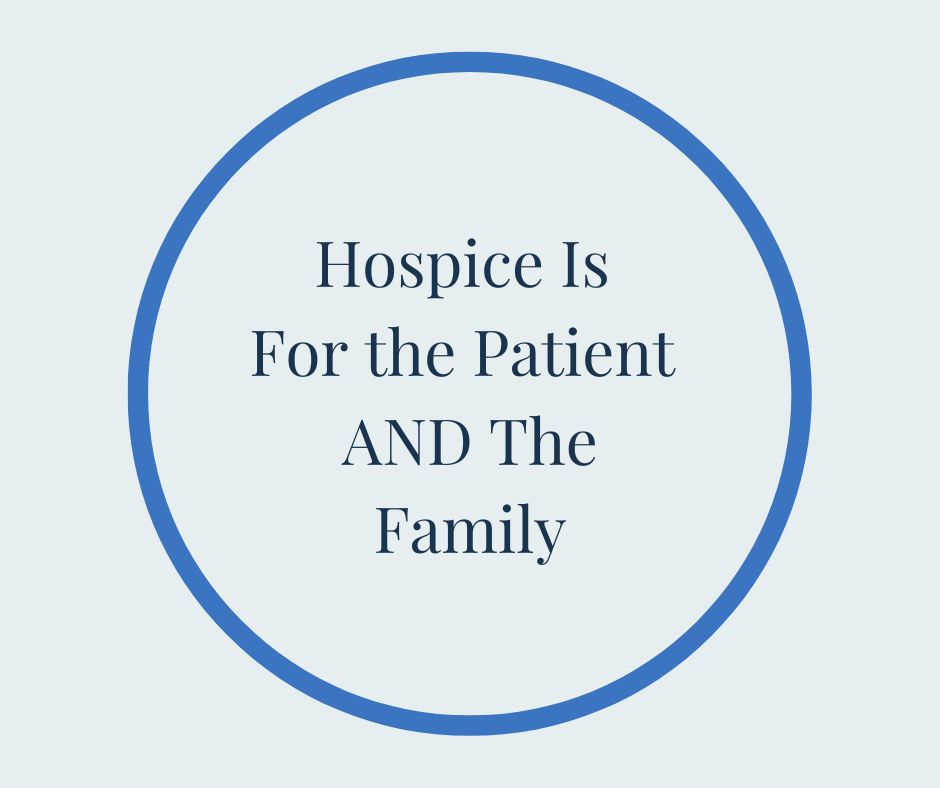- A study of 117 nursing students examines their communication skills in having difficult conversations with patients near the end of life. Researchers noted one major theme: “delivering bad news is difficult.” Students expressed “fear, sadness, stress, feeling awkward, and a general lack of self-confidence in communicating bad news.” While they know these conversations are important, their anxiety about impending death made it difficult. Four subthemes emerged: Unsure about what to say and unsure about their own abilities; Feeling uncomfortable; Need for more exposure to these types of conversations; and, Need for help in creating a supportive environment for families. (Journal of Hospice and Palliative Care, June 2022, https://journals.lww.com/jhpn/Fulltext/2022/06000/Nursing_Student_Perceptions_of_End_of_Life.9.aspx)
I read this and my reaction was “of course nursing students are uncomfortable having "the talk”. So are nurses, social workers, and it seems doctors in particular BUT if they don't have the talk who will?
We are not able to fix everyone. The physical body is programmed to die. It is made to die. So at some point the medical professionals will have to have "the talk”. They will have to say “we can’t fix you, let's talk about how we can help you live with your illness."
How do you have these uncomfortable conversations? With sincerity, honesty, gentleness, and direct eye contact. You use a soft voice, non-medical language, and maybe a gentle hand on the arm. You take your time. Time to talk, time to be uninterrupted, time to support tears, time to answer questions.
Nobody likes to give bad news but someone has to. That someone starts with the physician in charge of the patient’s care. Follow up support comes from social workers, nurses, chaplains. We in the medical profession will not be able to cure or “fix” everyone. The physical body is programmed to die so death will come to everyone. The goal is to offer our best resources to forestall death and then be honest when those attempts are no longer working.
Something More... about "We Can't Fix You- Let's Talk..."
I have a booklet for those facing a life limiting illness called, A TIME TO LIVE: LIVING WITH A LIFE-THREATENING ILLNESS. This booklet addresses issues of comfort, nutrition, and sleep as they relate to the palliative care patient. It provides guidance to help them live the best life they can within the confines of their body and disease.








2 comments
Kim
My husband’s neurologist just told us that he has Lewy body dementia and the doc started to cry. I was stunned. He was so affected that he couldn’t fix my husband. He didn’t understand it was a relief to have a diagnosis. We could finally stop chasing a cure and we have settled into a rhythm this year of living while dying. No more massive appointments and pills and side effects. He’s on what gives him quality of life while dying and I am studying death doula stuff so I can honour his wishes without interrupting with my fears. 52 is early but what age isn’t.
———
BK Books replied:
Thank you Kim for your inspiring words. “What gives you quality of life while you are dying” is really a good motto for all of us. We are all dying. Some people just sooner than others. My blessings to you and your husband Barbara
My husband’s neurologist just told us that he has Lewy body dementia and the doc started to cry. I was stunned. He was so affected that he couldn’t fix my husband. He didn’t understand it was a relief to have a diagnosis. We could finally stop chasing a cure and we have settled into a rhythm this year of living while dying. No more massive appointments and pills and side effects. He’s on what gives him quality of life while dying and I am studying death doula stuff so I can honour his wishes without interrupting with my fears. 52 is early but what age isn’t.
———
BK Books replied:
Thank you Kim for your inspiring words. “What gives you quality of life while you are dying” is really a good motto for all of us. We are all dying. Some people just sooner than others. My blessings to you and your husband Barbara
Karen
Thank you for this excellent article… and reminder to all professionals who find themselves facing ‘the talk’. As a daughter whose father’s care team couldn’t/didn’t have this conversation, it was excruciating for me and my sister to – finally – piece things together for ourselves and move from realizing that Dad was no longer in recovery but facing end of life. Four years later I’m still asking myself the question: why didn’t anyone tell us? It’s as painful now as it was then.
———
BK Books replied:
Hi Karen, thank you for sharing. If only medical professionals would realize they are doing more harm than good by not preparing families. Blessings, Barbara
Thank you for this excellent article… and reminder to all professionals who find themselves facing ‘the talk’. As a daughter whose father’s care team couldn’t/didn’t have this conversation, it was excruciating for me and my sister to – finally – piece things together for ourselves and move from realizing that Dad was no longer in recovery but facing end of life. Four years later I’m still asking myself the question: why didn’t anyone tell us? It’s as painful now as it was then.
———
BK Books replied:
Hi Karen, thank you for sharing. If only medical professionals would realize they are doing more harm than good by not preparing families. Blessings, Barbara